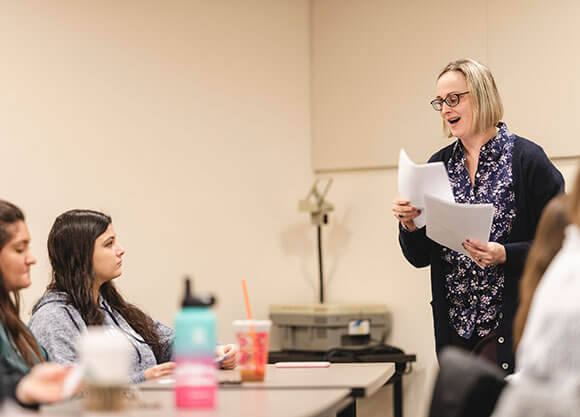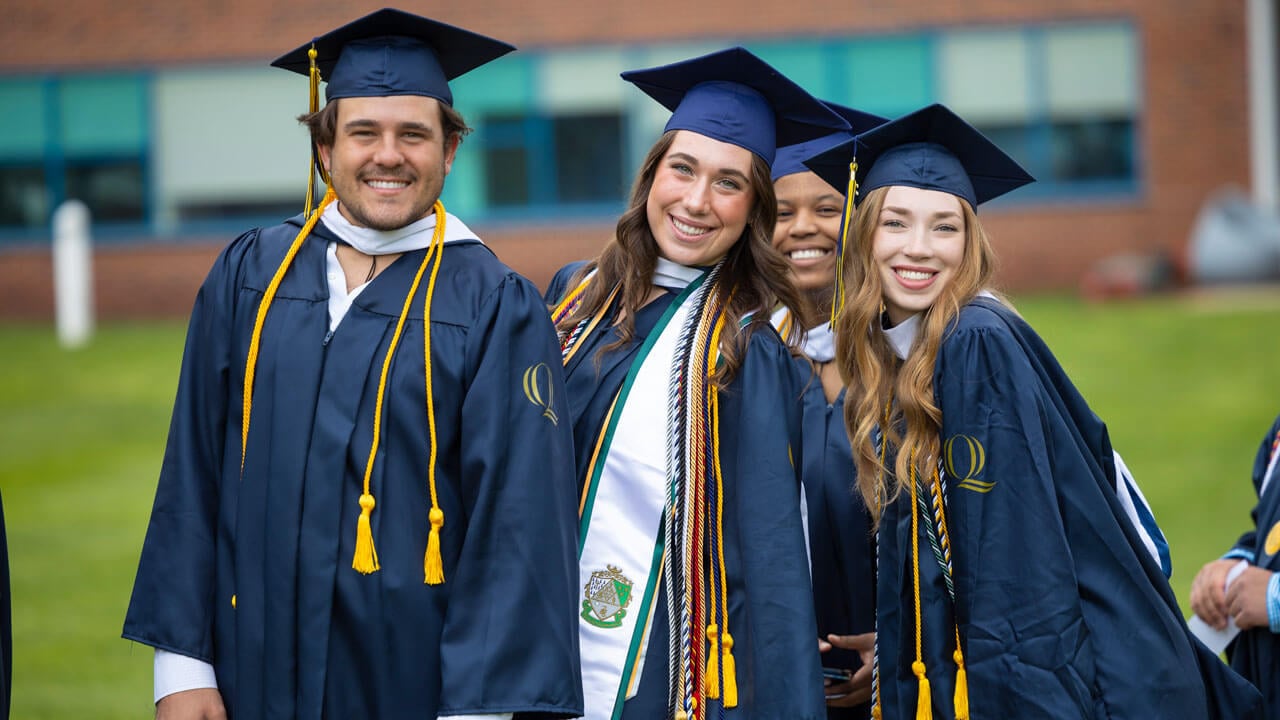
Professor explores the burdens of caretakers in the past to gain insight on the present
July 12, 2023

July 12, 2023

Receiving this grant allows members of the university to enhance opportunities for research, faculty publications, exhibitions, performances and external funding applications.
Fehleison is planning to utilize her grant to research caregiving in the 16th and 17th centuries to further understand gender roles and how they are enforced in a variety of circumstances.
“I'm particularly interested in how women caregivers filled multiple roles in the 16th and 17th centuries, especially during times of epidemics, religious crises and political unrest,” she said.
Fehleison hopes that her research of the past will advance our knowledge of current challenges and burdens faced by caregivers, the recent COVID-19 pandemic inspiring her endeavors.
“As a historian, I look to the past to help me understand the contemporary world and future,” said Fehleison. “I found it comforting that people of the past had long managed epidemics.”
This fall, Fehleison plans to teach a course about witches and werewolves in the early modern world.
In this course, she plans to explore the beliefs and fears of the supernatural world more than three hundred years ago with her students. Additionally, Fehleison is teaching a course about the “real housewives of early modern Europe,” explaining that her granted research efforts will be incorporated into the course curriculum and material.
Fehleison said she is eager to present her findings to a variety of audiences, educating individuals further on the roles of women and society and the unseen struggles.
“I am excited to be able to offer important insights into how, even over time, societies fail to realize the emotional labor of and burdens placed on caregivers who tend to be women in our world,” she said.

Quinnipiac Today is your source for what's happening throughout #BobcatNation. Sign up for our weekly email newsletter to be among the first to know about news, events and members of our Bobcat family who are making a positive difference in our world.
Sign Up Now